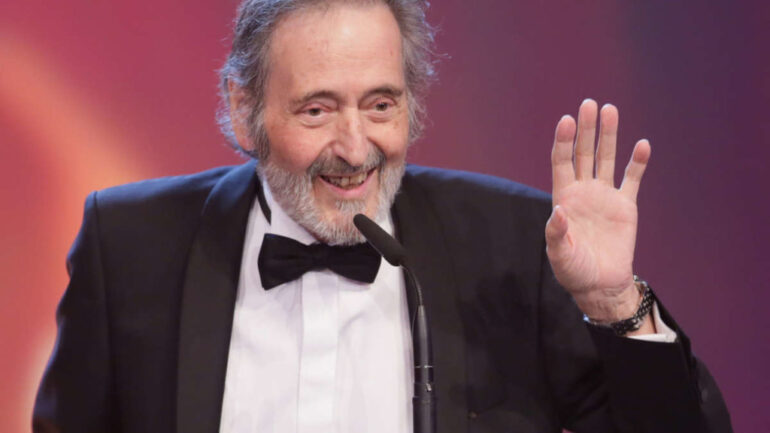The German film and TV industries were mourning on Monday the death of director, writer and producer Helmut Dietl from lung cancer. He was 70.
Once described as “the German answer to Woody Allen”, Dietl was known to international audiences largely for his send-up of the fake Hitler diaries saga in the 1992 film Schtonk!, which was subsequently nominated for a best foreign language film Academy Award.
Bavarian-born Dietl had already made a name for himself before Schtonk! on German TV with critically praised audience favourites such as Münchner Geschichten (1974/5), Der Ganz Normale Wahnsinn (1979/80), Monaco Franze and the six-part series Kir Royal, a biting satire on Munich high society and tabloid journalism.
According to the late TV commissioning editor Jörn Klamroth of Cologne’s WDR, the inspiration for Kir Royal came to Dietl in 1984 when he and the director saw a photo in a cafe showing Cardinal Joseph Ratzinger (later Pope Benedict) sitting together with the conservative Bavarian politician Franz Josef Strauss and a local racketeer.
Schtonk! was followed by Rossini with a stellar cast including Uwe Ochsenknecht, Mario Adorf, Joachim Krol, Veronica Ferres and introducing the then little-known actress Martina Gedeck.
The film was seen by more than 3.2m cinema-goers in Germany and much fun was had playing the parlour game matching Dietl’s Munich circle of close friends – from producer Bernd Eichinger to writer Patrick Süskind.
Dietl did not repeat the success of these two films with his subsequent productions Late Show, Vom Suchen Und Finden Der Liebe and Zettl, but this did not diminish his standing in the German film and TV landscape.
It was only fitting that the German Film Academy should recognize his achievements with an Honorary German Film Award in 2014, and the audience of 1,800 in Berlin’s Friedrichstadtpalast gave a standing ovation for the visibly frail film-maker who had made his illness public in autumn 2013.






